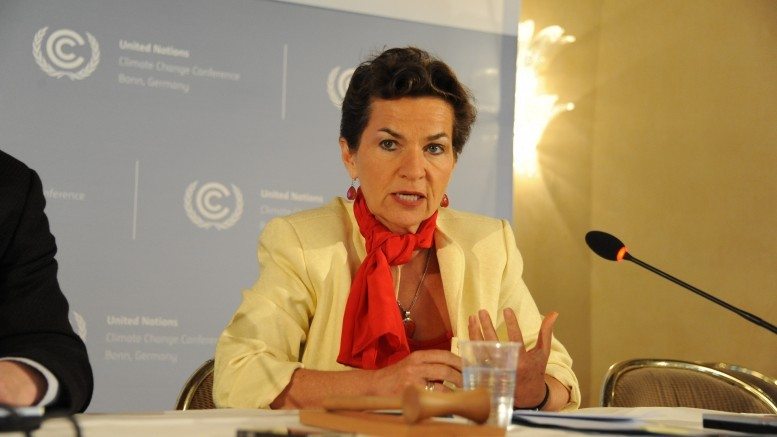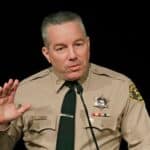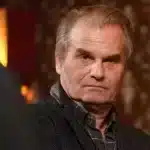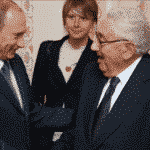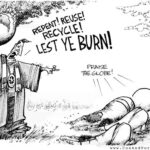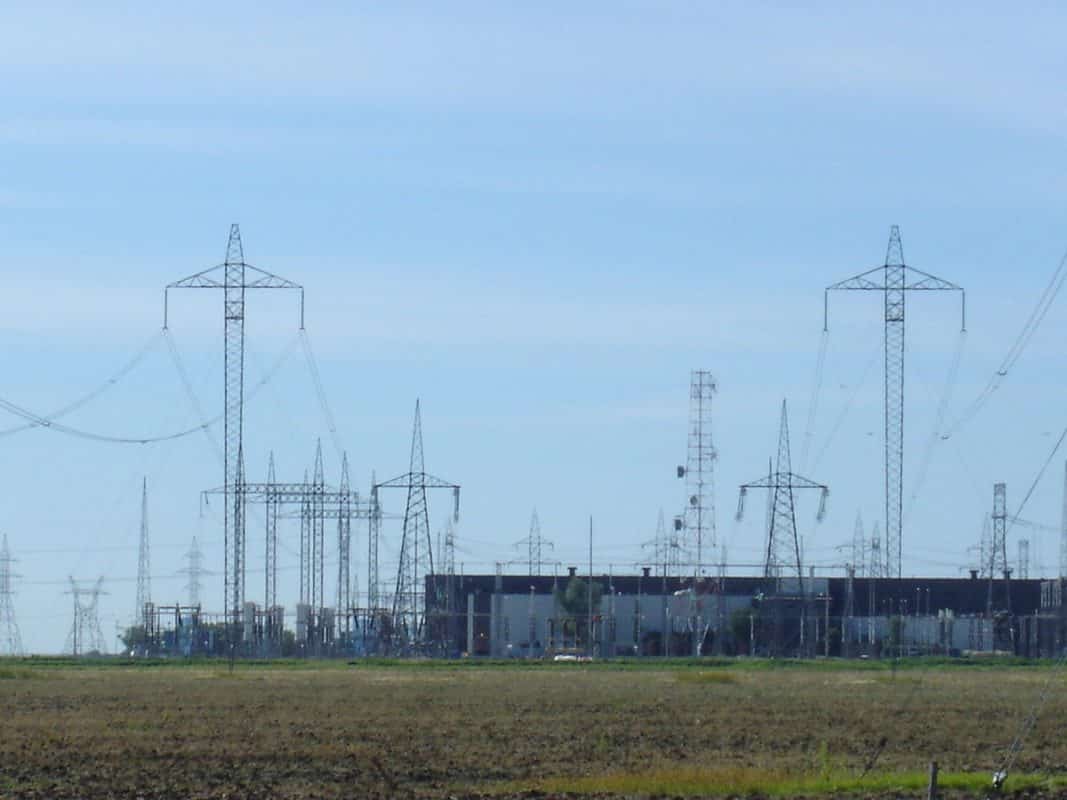|
Getting your Trinity Audio player ready... |
Download this post... Can this week’s climate talks in Bonn come up with a draft text for COP 21 in Paris to suit all parties? DW talks to UN climate chief Christiana Figueres. UN diplomats are meeting in Bonn this week for climate change talks. The five-day session is the last meeting before heads of...

